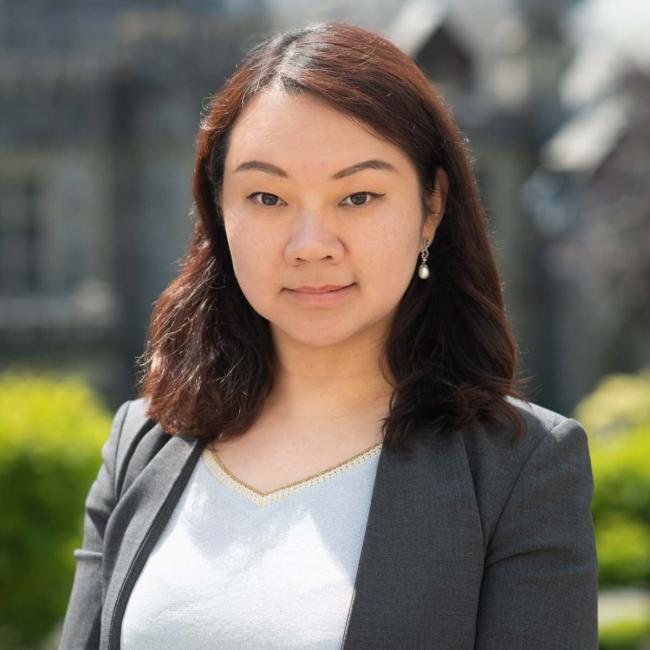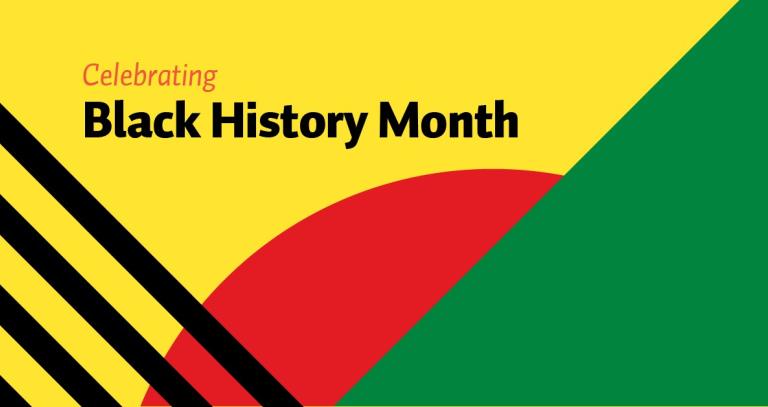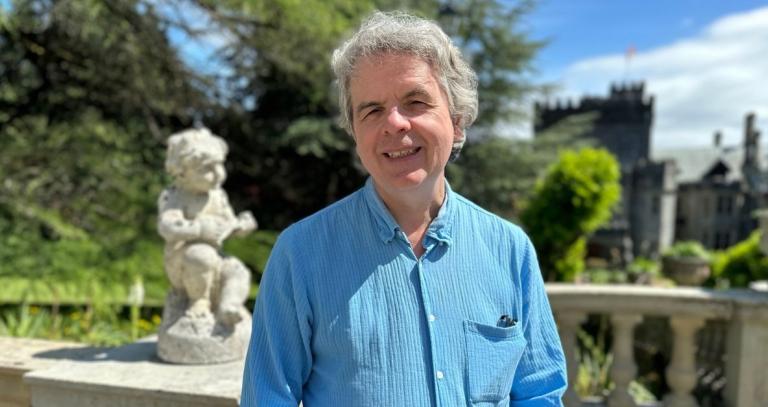Hone your skills to deliver messages across cultures and strengthen the global community.
This program is for strategic communicators or people want to pursue a career in professional communication in the intercultural or international sphere.
Choose to complete your degree entirely on campus or through a blend of online courses and an on-campus residency.
Develop the communication skills to bridge relationships in our media-rich, global world — and the cultures and subcultures within it.
Study on campus
Learn on our beautiful campus.
Completion options
Write a research paper or develop an intercultural learning project tackling real-world problems.
Career outcomes
Find work in government, NGOs, education, social development, public relations, media, marketing and more.
Upcoming offerings
September 07, 2026
Application deadline ℹ
Delivery model
Domestic tuition
International tuition
Related Schedules
September 06, 2027
Application deadline ℹ
Delivery model
Domestic tuition
International tuition
Related Schedules
Request more information
Bridge relationships in our media-rich, global community
Our globalized world — and the cultures and subcultures within it — have specific communication needs.
In this program, you'll develop the communication skills to bridge relationships in our media-rich, global community.
Informed by theory and practice, you'll learn to engage with multiple channels for communication like media, social marketing, advocacy and public culture.
You'll take a strategic approach to media and public relations, applying your knowledge and writing skill to different fields: sport, health, diplomacy and social development.
You'll become familiar with different organizational structures — government, NGO, corporation and not-for-profit — and you'll learn ways to engage their audiences.
Graduates of the MA in Intercultural and International Communication will see how communication influences culture, and how culture shapes communities.
Program outcomes
Once you've completed this program, you'll:
- have a full understanding about intercultural communication in Canada and around the world
- be able to explain intercultural and international communication through the lens of global political, social, economic and cultural processes such as migration, media policy and global media corporations
- critique current global events and trends
- solve problems in intercultural work settings
Our graduates find work in government, NGOs, intergovernmental organizations and education and in fields like social work and marketing.
Program completion options
You can choose to complete this program in one of two ways.
Option 1: Research paper
In this option, you'll integrate theory and practice and demonstrate that you are well-versed in intercultural and international communication. You'll show you possess a well-developed perspective as a global citizen.
Option 2: Intercultural Learning Project
Develop a capstone project that tackles real-world problems with a focus on communication.
Who this program is for
This program is a good fit for people who want to hone their communication skills for a diversified and globalized world.
Some of our students are: strategic communication managers or individuals with an undergraduate degree who want to pursue a career in professional communication in the intercultural or international sphere
Study on our historic oceanfront campus
Studying on campus brings you together with your class colleagues and instructors. Expect the program to be rigorous. You’ll do homework, readings and team assignments outside of your full-time class hours.
Courses
Faculty
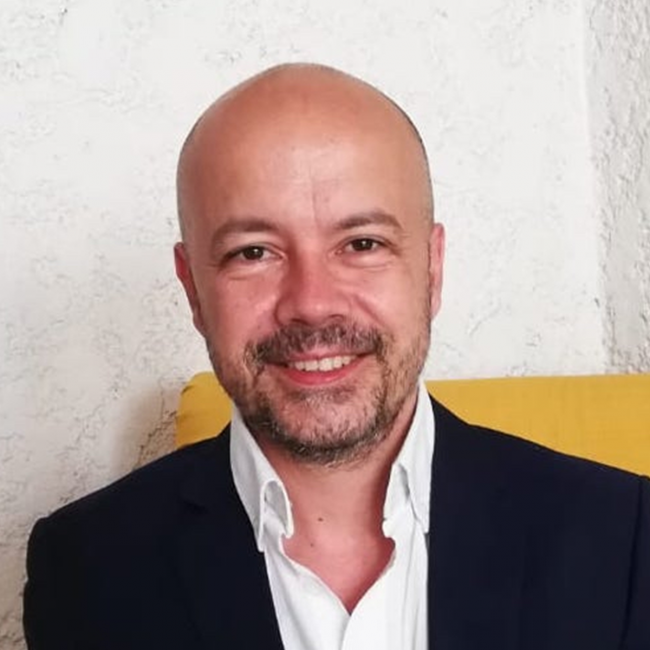
Associate faculty
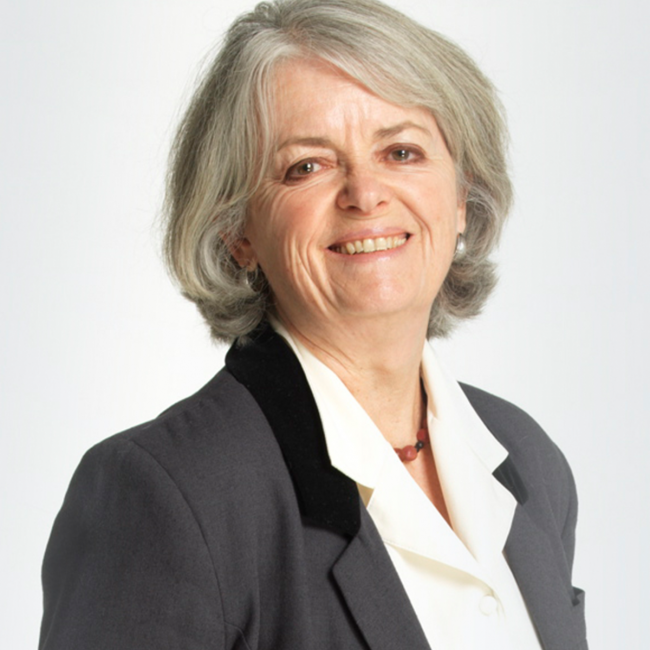
Associate faculty
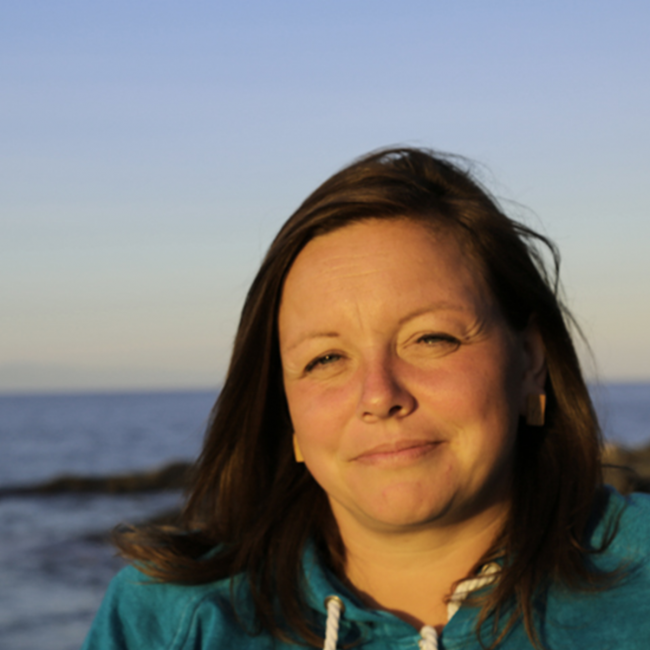
Associate faculty

Assistant professor

Associate faculty

Associate faculty

Professor
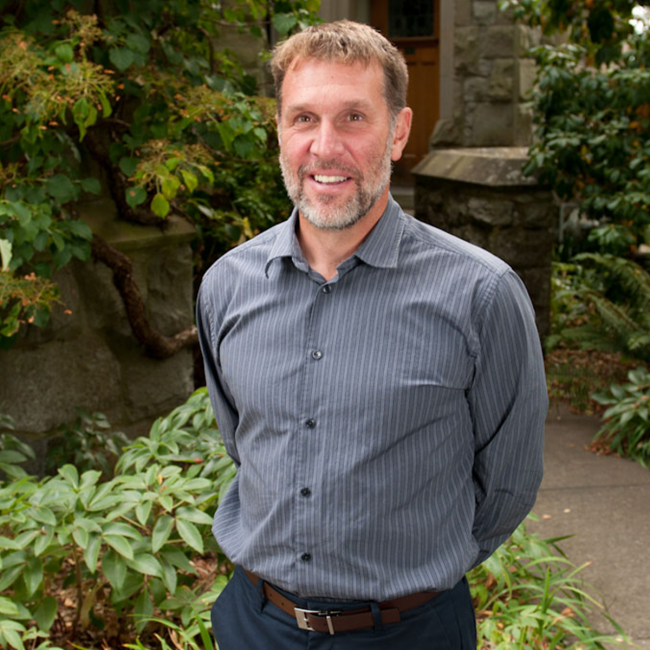
Associate faculty
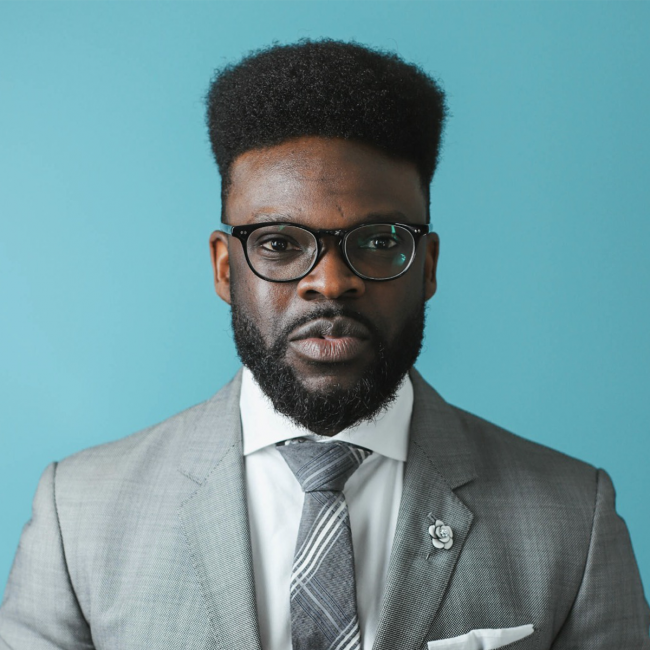
Associate faculty
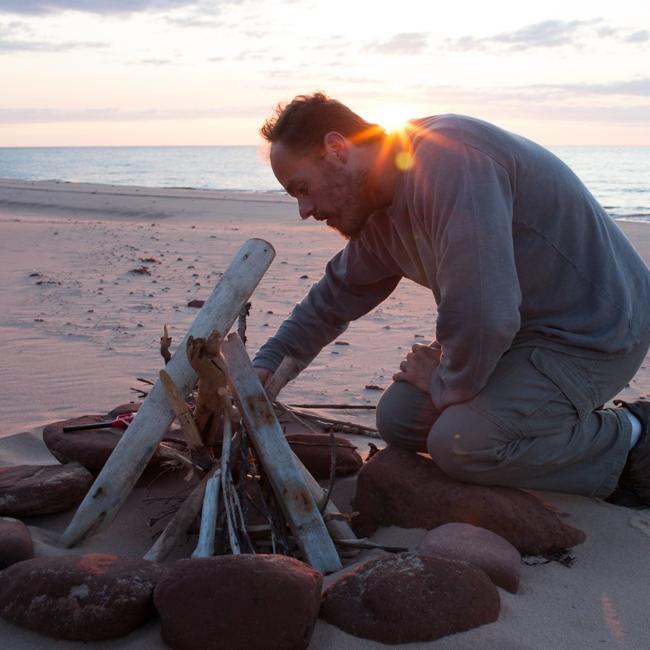
Professor
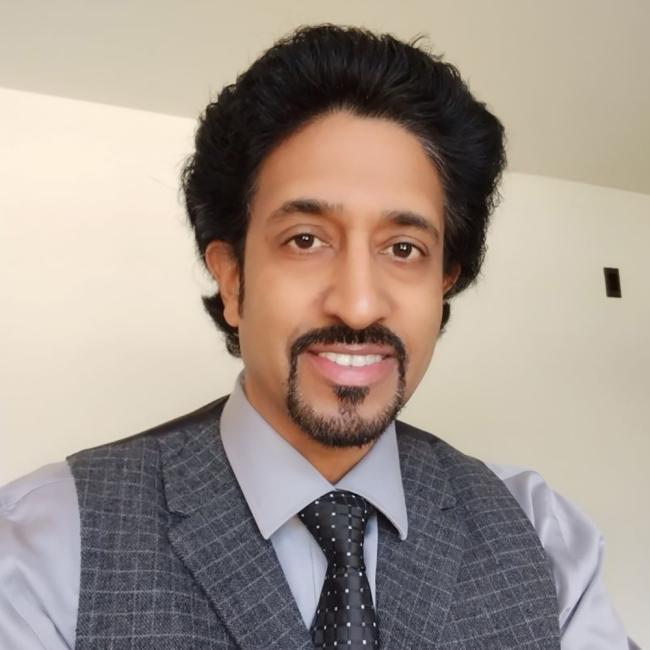
Associate faculty
Transfer agreements
Standard admission
- Completion of a four-year (or comparable) undergraduate degree from a recognized post-secondary institution.
- Evidence of having sufficient knowledge, skills and abilities to complete a demanding academic course of study at a master's level.
Flexible admission
Applicants who do not meet the standard admission requirements will be considered for flexible admission and assessed as follows:
- Applicants without an undergraduate degree, but more than three years (90 credits) of post-secondary education, should have at least three years of relevant work experience, preferably in a leadership capacity.
- Applicants with 2-3 years (60-90 credits) of post-secondary education should have at least five years of relevant work experience in a leadership capacity.
- Applicants with less than two years of post-secondary education should have at least ten years of high-level, professional communication experience in a leadership capacity.
English language proficiency
- If English is not your primary language, please review our English language requirements
Additional recommendations
- Academic writing skills are required for success in this program and an English composition course, at a recognized post-secondary institution, focused on academic writing is therefore recommended. The Academic Writing and Critical Thinking course offered through Continuing Studies at Royal Roads University meets this recommendation.
- If your application is assessed under flexible admission, you may be asked to submit a digital portfolio (disk or flash drive) of your previous work, learning and accomplishments (e.g. written work, project management, consulting work, etc.) in the field of communication.
Application requirements
All applications to this program require submission of the following information and supporting documents before your file can be assessed for admission.
Application form
In order to apply online, you will be required to create a log-in account using your email address. You will be required to list all credit courses and/or programs you have completed or are currently enrolled in.
An application fee will be required. If your application fees are being paid by a third party, review sponsored student information. Once submitted, you may check the status of your application at any time.
Missed your application deadline? While we can’t make any guarantees, we may be able to accommodate late applications if there's still space and enough time to process. If you're interested in an intake that is now closed to applications, apply for the next available intake and email Admissions with your preferred start date. Make sure you’re prepared to submit your program's required documents right away. We can't make an admissions decision without them.
Official transcripts
Applicants are responsible for arranging for the submission of official transcripts from ALL post-secondary (higher education) institutions currently or previously attended, for all credit courses and/or programs. Transcripts are not required for non-credit programs or courses, though some programs may require proof of professional certifications or designations.
Transcripts are considered official only if submitted directly by the Registrar or other recognized authority of the providing institution in the institution's original, sealed envelope. If the envelope has been opened, the transcripts are no longer official and new (official) transcripts will be required to complete your application.
If you have attended any post-secondary institution outside of Canada, please review our country-specific document requirements. All international transcripts or credentials are subject to an international transcript and/or credential evaluation.
Personal statement
Your 900-1200 word personal statement should indicate your motivation for seeking entrance to the program. Your statement should comment upon the following:
- The strengths you feel you can bring to the program
- Any expectations you have for the program in relation to the achievement of your personal and career goals
- If applicable, how any related previous or current work or volunteer experience has prepared you for the program
- Why you feel that you have sufficient knowledge, skills and abilities to complete a demanding academic program at a master’s level
- What you hope to contribute to the educational experience while you are in the program
Additional requirements for flexible admission
For applicants who will be reviewed under the flexible admission process the following additional supporting documents will be required:
Letters of reference
Your application requires two letters of reference. Ideally, these letters speak to your academic potential, your professional expertise and your personal attributes. The preferred letters of reference are academic references and professional references. .
- Academic reference: Academic letters of reference should attest to your academic achievement, study skills, teamwork, leadership potential, human relations, flexibility, communication and technical skills.
- Professional reference: Professional letters of reference assess your current or previous performance in your career. The letter can address areas such as communication skills, interpersonal and leadership skills, management potential, and work ethic.
Structured résumé
Your structured résumé should include the following:
- Education: List all post-secondary education, degrees, diplomas, and certificates you have achieved.
- Work experience: Include name of organization, length of service (indicating month and year), and a full description of duties and responsibilities.
- International/intercultural experience: This could take the form of travel, competition, consulting, education, volunteer or professional experience in an international and/or multi/intercultural setting.
- Training and professional development: List all career related training, professional development, and non-credit programs/courses completed within the past five years. Include the source of training, the duration and year completed. List other training and personal development programs not already identified.
- Voluntary/unpaid work experience: List and describe any voluntary/unpaid post-secondary employment and/or community service experience. Please include the name of the organization, length of service, position(s) and a description of duties and responsibilities.
- Information technology training and experience: Describe your level of training and experience in the use of information technology including computers, software and telecommunications networks as tools for business, education, teaching and personal use.
- English language skills: List English (and related) courses completed, which will also appear on your official transcript(s). Include any other experience of written or spoken English (e.g., published writing, prizes and awards, debating club membership, etc.) that may assist us in adjudicating your application for admission.
- Professional memberships/affiliations: List memberships and positions you currently hold or have previously held in professional associations, service clubs, community and volunteer sector within the past five years.
Portfolio (upon request)
If a portfolio is requested, it should include digital samples (disk or flash drive) of completed work such as projects you have managed, reports, published writing, syllabus outlines of courses you have taught, etc.
If applicable
- Applicants declaring permanent resident or Convention Refugee status in Canada, must submit a copy of their Permanent Resident Card (PR card) along with their application.
- Transcript evaluation fee or credential evaluation report, if submitting international transcripts.
- An official English language proficiency score report or other evidence of proficiency if English is not your primary language.
- Other information or documents as may be requested to determine your eligibility.
For information on how and where to send your supporting documents, please refer to the document submission guidelines.
